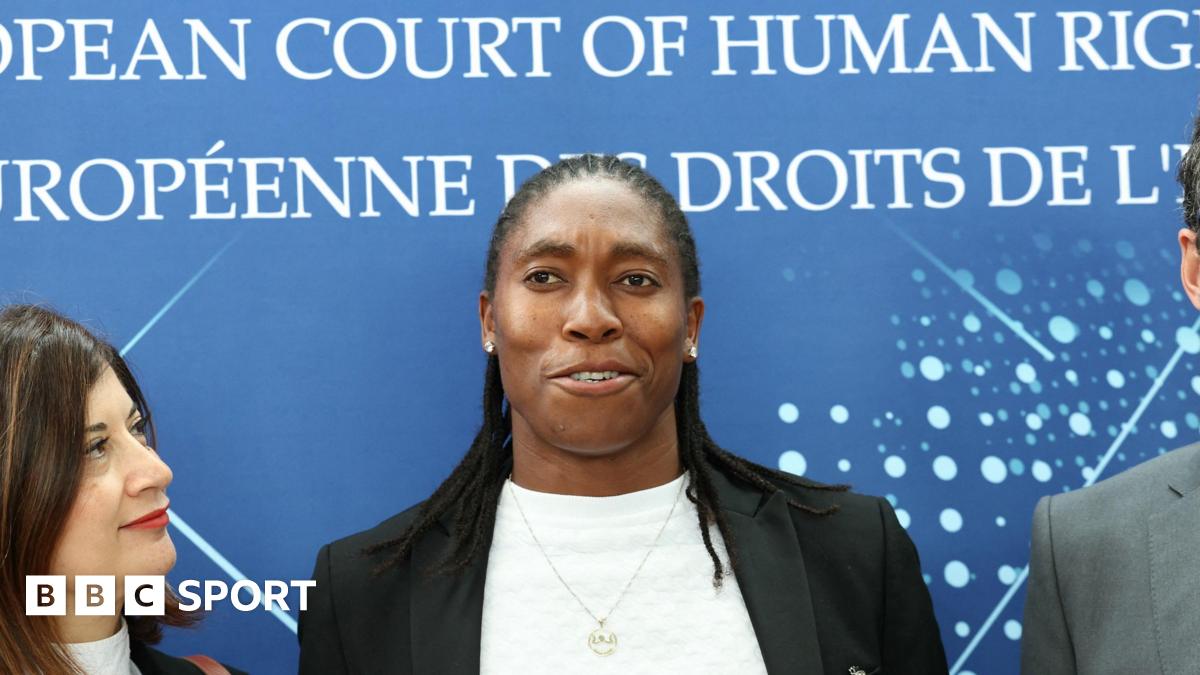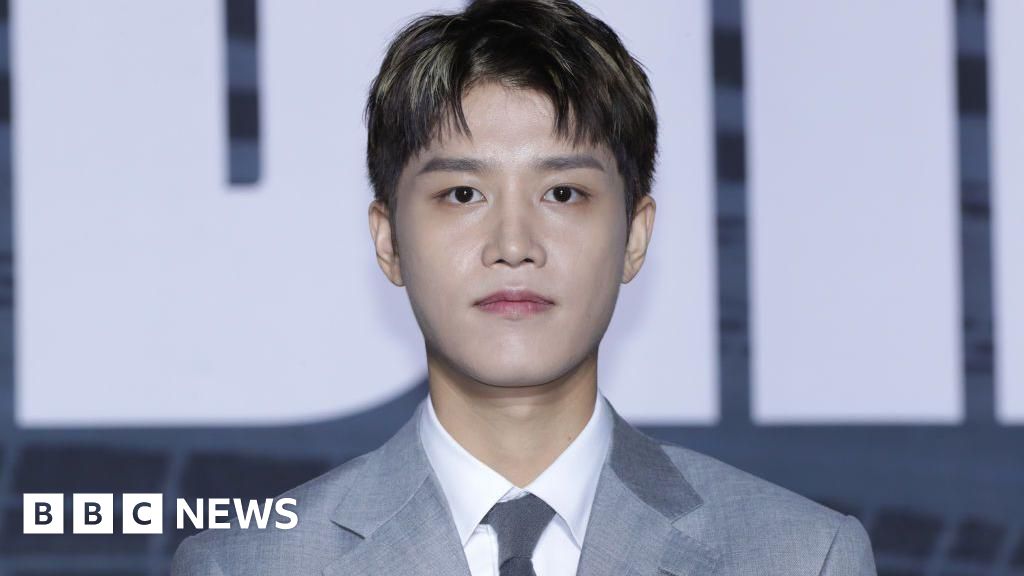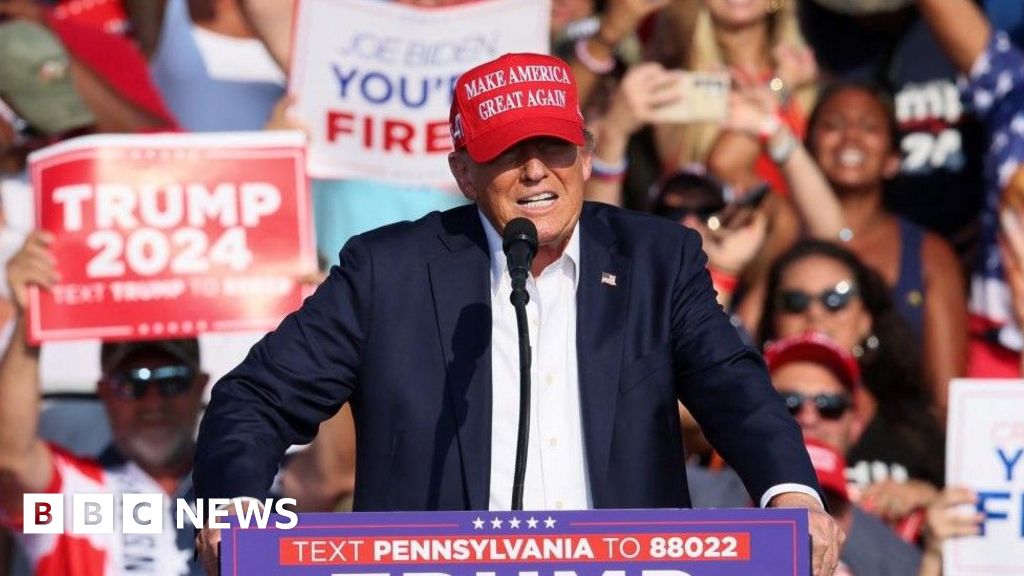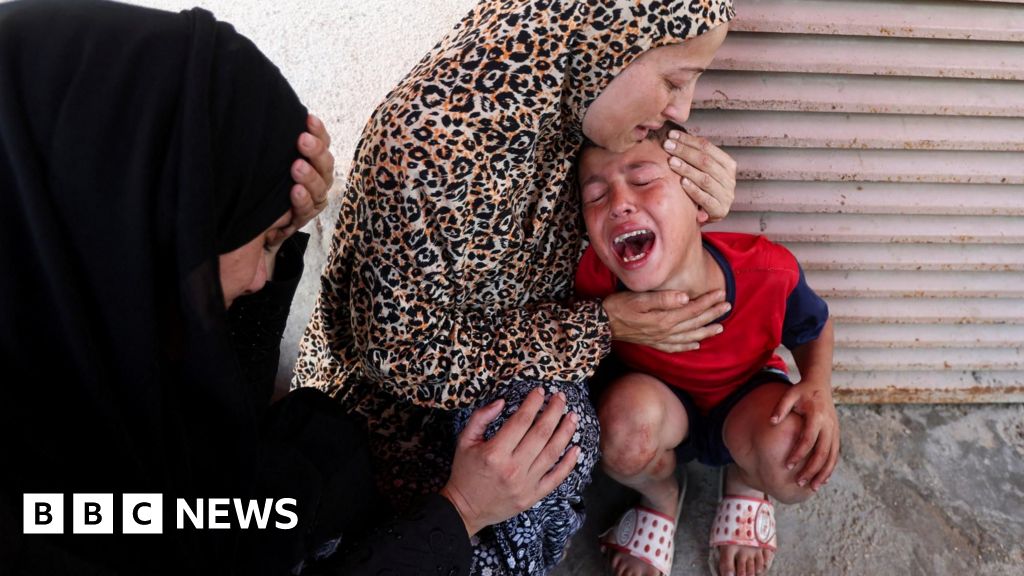NEW YORK — A week after losing Clarke Schmidt for the season to Tommy John surgery, Yankees general manager Brian Cashman on Wednesday said he’s “definitely” looking to acquire a starting pitcher ahead of the July 31 trade deadline, adding that the bullpen and infield are also areas he’ll seek to upgrade.
“That doesn’t guarantee anything,” Cashman said, “but it’s the time of the year now.”
Injuries have ravaged the Yankees’ pitching staff.
Gerrit Cole underwent season-ending Tommy John surgery in March. Luis Gil suffered a lat strain in February and isn’t expected to make his season debut until late July or early August. Ryan Yarbrough, an unexpectedly crucial contributor after signing with the team at the end of spring training, was placed on the injured list June 22 because of an oblique strain.
Schmidt was the fourth starter sidelined after tests revealed a partially torn ulnar collateral ligament. Cam Schlittler, a top prospect, took Schmidt’s rotation spot Wednesday for his major league debut against the Seattle Mariners.
In the bullpen, relievers Fernando Cruz (oblique) and Mark Leiter Jr. (fibula) are on the injured list indefinitely, while Jonathan Loaisiga and Luke Weaver have scuffled in recent outings.
“Whether it’s bullpen guys or starting pitchers, it’s just all of it,” Cashman said. “That’s the area. We have people that are capable, but I think it also needs to get some help. And if I can do so, great. But again, there’s no guarantees. We’re going to be fully engaged and see where it takes us. Hopefully, we can run into some opportunities that can benefit us.”
Cashman addressed the media Wednesday in the wake of his decision to designate DJ LeMahieu for assignment, a move that further highlighted the Yankees’ hole at third base. Ideally, the Yankees would have had LeMahieu man the position, but the two-time batting champion, according to Cashman, could not physically handle playing third base anymore after dealing with a hip injury last season.
Cashman explained that LeMahieu informed him of his desire to not play third base during the offseason, which prompted Cashman to look for a third baseman. But the Yankees didn’t acquire one. On Wednesday, Cashman indicated it was a decision fueled by cost.
“We pursue options,” Cashman said. “But they’re within everything that our ownership provides for us to do. It doesn’t mean that we can do everything at any time. It just comes down to the array of choices available to you, whether it’s a trade or a free agent acquisition.
“At some point, you may run out of how much money you’re spending, and some big log may be too much to add to the fire, if it’s a free agent import or if it’s a trade import. It might be robbing Peter to pay Paul.”
Without an established third baseman, the team asked Jazz Chisholm Jr. to shift back to third base after coming off the injured list last month. Chisholm, hampered by a shoulder injury, made three throwing errors in four games last week. On Tuesday, manager Aaron Boone said Chisholm would return to second base every day, bumping LeMahieu to the bench for a day before the team cut him loose and elevating Oswald Peraza to starting third baseman for now.
At this point, adding any players would come at a significant cost for the Yankees.
The Yankees’ competitive balance tax payroll currently stands at $309.9 million, according to Spotrac, more than $8 million over the highest tax threshold of $301 million. As a result, any dollar the Yankees spend over that amount will come with a 60% surcharge.
In February, owner Hal Steinbrenner said the highest threshold “is not a concern to me.” Last season, the Yankees spent $378.7 million between payroll and tax payments. Asked Wednesday whether payroll limitations could impact the organization’s decision-making before the trade deadline, Cashman said he did not know.
“We’ll see. I’m going to engage everybody on everything, and I’ll share all that information with ownership and see where it takes us,” Cashman said. “I’ve had deadlines where I’ve acquired talent that had to be paid down to make it fit that we’re making money. I’ve had deadlines where we took on big contracts and stuff like that.
“Ultimately, the great thing about the Steinbrenner family is they’re willing — they want to listen to everything the market is willing to bear. Hal has always told me, ‘Do not assume anything. Make sure you take everything through me. Explain the thought process by the group and keep me informed.'”
Source link

















